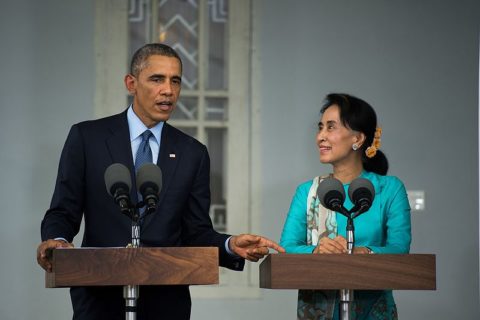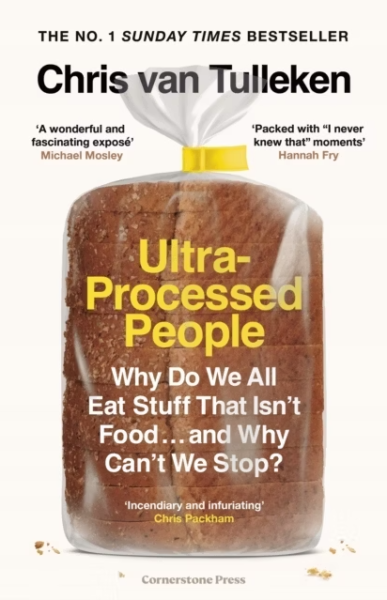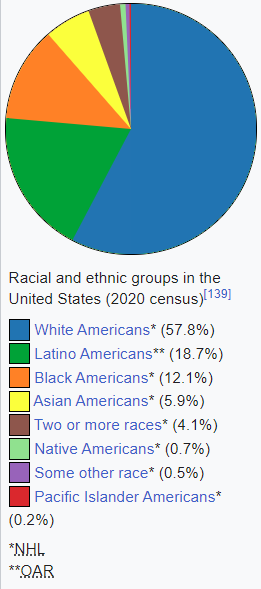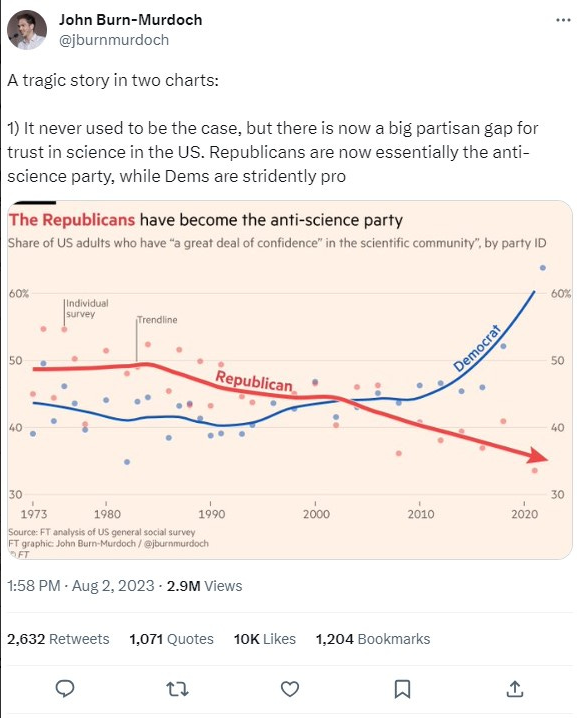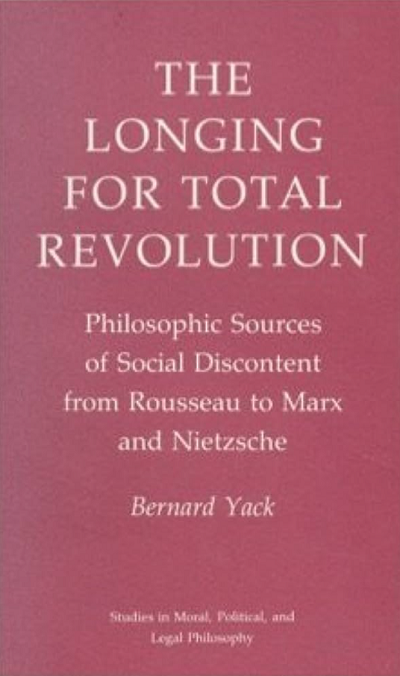There is no question that authoritarianism is descending on the United States of America, quickly. There is also no question where it’s coming from, as you quickly learn from the current social media musings of the most wonderfully progressive people. Trump must be silenced NOW! Why is the authoritarian being ALLOWED TO SPEAK? Ruth Ben-Ghiat, please call your office.
How have we gotten here?
I’ve mentioned before a looooong essay I wrote, more than ten years ago, about the cottage industry in Barack Obama hagiographies. Obama’s fellatiographers noted, for example, that Obama’s stepfather, Lolo Soetoro, had been ordered back to Indonesia in 1966, and that photos of him from that time show him in the uniform of the Indonesian army. They also mention, with remarkably disingenuous vagueness, that there was maybe some political trouble going on in Indonesia while Obama was there as a child and his stepdad was a soldier.
But what was happening in the mid-1960s in Indonesia is that the Indonesian Communist Party tried to restructure Sukarno’s careful balancing of competing forces in the new country with the kidnapping and killing of a group of right-wing flag officers by leftist soldiers, beheading conservative military power — after which the military responded with the wholesale killing of hundreds of thousands of communists, often with machetes and with a serious commitment to doing the job as grimly as possible: bodies in rivers, heads on pikes, slow killing in front of mass graves. Here’s my last paragraph from that section on the Obama biographies:
And the lesson? Indonesia was where “Ann was Barry’s teacher in high-minded matters—liberal, humanist values”, Remnick concludes. It’s where she taught him the values of “honesty, hard work, and fulfilling one’s duty to others”, where she lectured him about “a sense of obligation to give something back”, Scott adds. It’s where she “worked to instill ideas about public service in her son”. Because Indonesia in the late sixties was the perfect place and time to learn about liberal humanist values and public service.
Barack Obama was a Democrat who attained the presidency, which means that journalists knew he had to be a sainted figure, and he was the first black president, which means that journalists knew he had to be brilliant and extraordinary. So they assembled the threads of his story — Barack Obama went to Indonesia in 1966 with his stepfather, a soldier, during a long period of extraordinarily brutal political retribution by the Indonesian army — and then, pro forma, wove those threads into the foundation of “liberal, humanistic values”.
If Barack Obama had spent his childhood torturing kittens to death and eating their eyeballs in front of a sobbing crowd of kitten-loving toddlers, the Obama biographies would have said that Barack Obama spent his childhood torturing kittens to death and eating their eyeballs in front of a sobbing crowd of kitten-loving toddlers, a heartwarming experience that taught him the value of democratic pluralism and fundamental human decency. The story was written before anyone began working on it: Barack Obama [experience TBD] and [experience TBD], the formative experiences that made him the kind and wonderful genius he is today.
See also this recent discussion with David Garrow, a historian who has written a new (corrected: published a post-Obama-presidency) biography — and who found, as he researched his subject, that he was often looking at evidence no one had ever pursued before. The hagiographers of the Obama presidency-era weren’t looking for evidence; they already knew the story they meant to write. They came up with some evidence-simulating objects for form’s sake, to assemble their liturgy in the apparent form of biography. Their “Barack Obama” was never Barack Obama.
Their “Donald Trump” is not, now, Donald Trump. There’s a formula; they apply it. There’s a narrative to be written. Donald Trump said he would repeal two federal regulations for every new regulation he implemented — textbook authoritarianism! Donald Trump said that America has fought a bunch of “dumb wars”, and should be much more careful about foreign military involvement — JUST LIKE ADOLF HITLER!!!!!!
It’s beside the point to note that the conclusions never matched the evidence. They were never meant to.
This is crazymaking behavior. Constantly spinning narratives that have nothing to do with anything in the actual, physical world is a recipe for a psychotic break. And we have multiple layers of institutional actors who cosplay “elite” — in media, in academia, in government, and in corporations — who’ve been playing with their shadow puppets for so long that they’ve forgotten they’re shadow puppets. They believe themselves.
That’s how you get to we need a single-party ballot to prevent authoritarianism and we have to arrest the opposition leader to prevent authoritarianism. It’s socially distributed insanity, a real descent into the world of false symbols. And it’s becoming incredibly dangerous.


